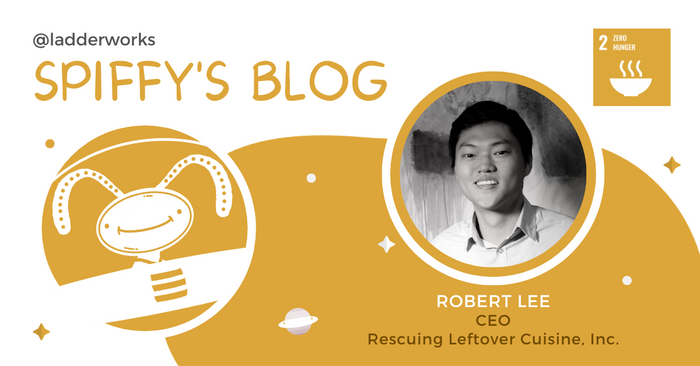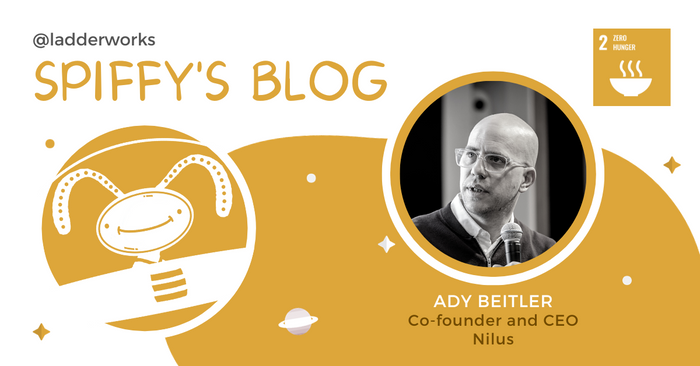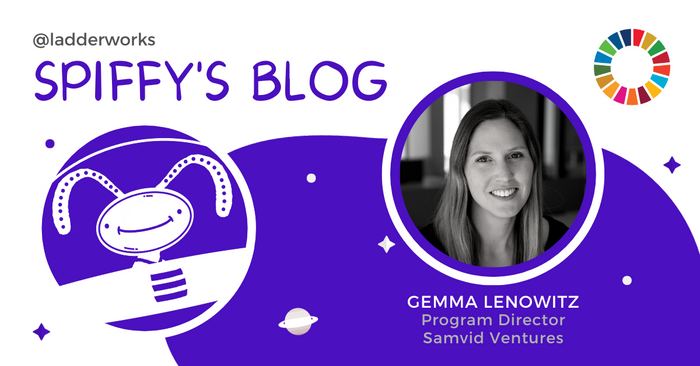Robert: Thanks for having me, Spiffy. As much as 40% of food produced in the United States is wasted. When food ends up in landfills, it emits methane gasses that are 34 times worse for the environment than carbon dioxide. Such emissions disproportionately impact urban lower-income communities in terms of health, proper housing conditions, and overall quality of life, according to the Fourth National Climate Assessment. All the while, as of 2020, 38 million Americans—that is one in nine of us—remain food insecure. In households with children, the frequency increases to one in seven.
Ady: It’s great to be here, Spiffy! There are over two billion low-income people in the world who lack reliable access to basic products, such as healthy food and hygiene products. Yet, because of inefficiencies in the food supply chain, such as excessive intermediation and informality, basic products in low-income neighborhoods are at least 25% more expensive than in middle-income areas. That's why economists call them food deserts.
Gemma: It’s great to be here, Spiffy! Samvid Ventures was started with the belief that technology accelerates the development and adoption of effective solutions, and should also increase the pace that opportunity expands for those facing income-based disparities. Our mission is to build a more inclusive economy through initiatives focused on education, entrepreneurship, and wellness. We acknowledge that this mission requires strategic, sustained efforts with continuous improvement to bring about meaningful and lasting change.




